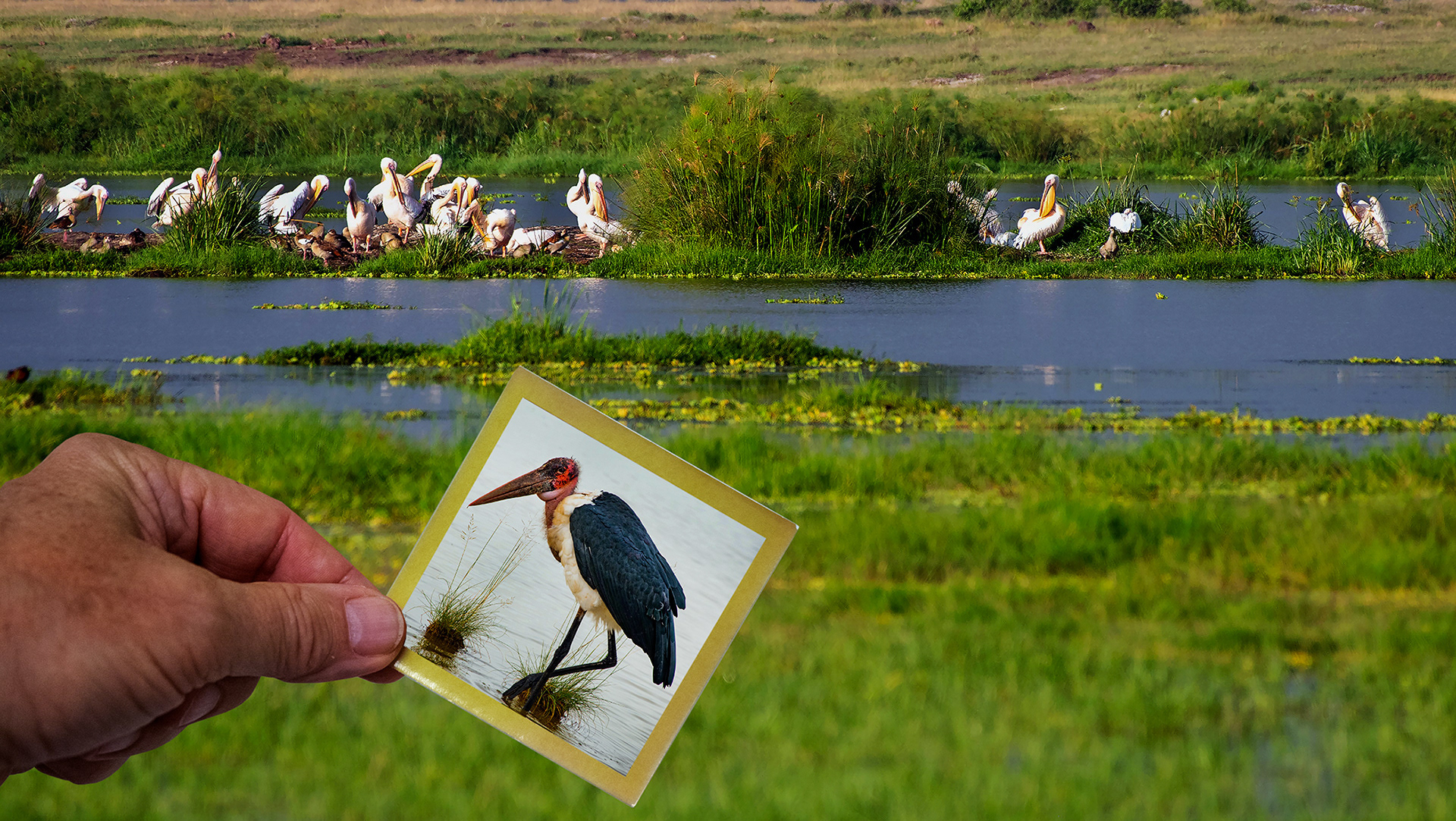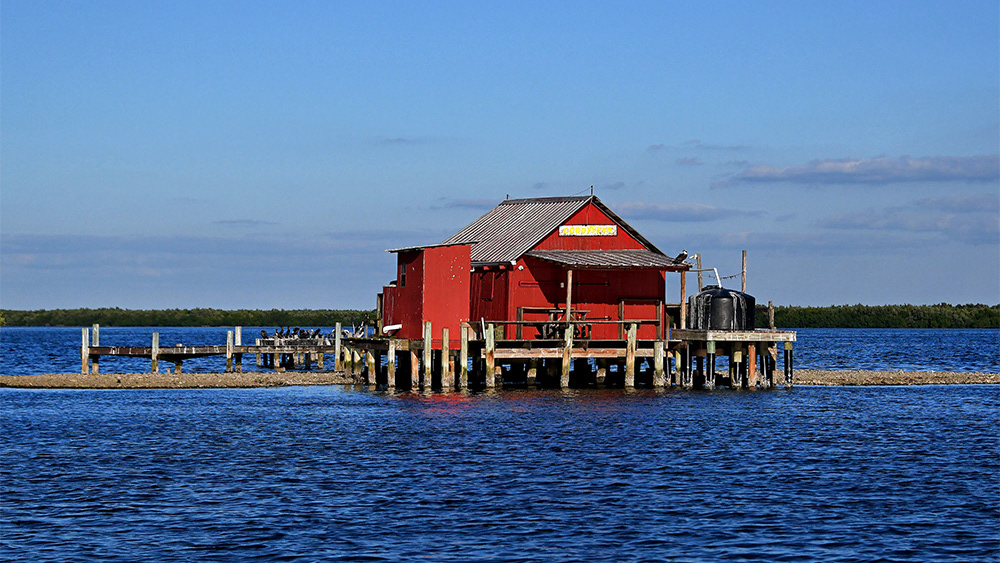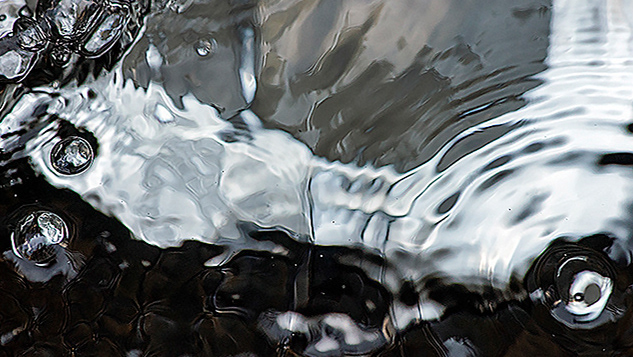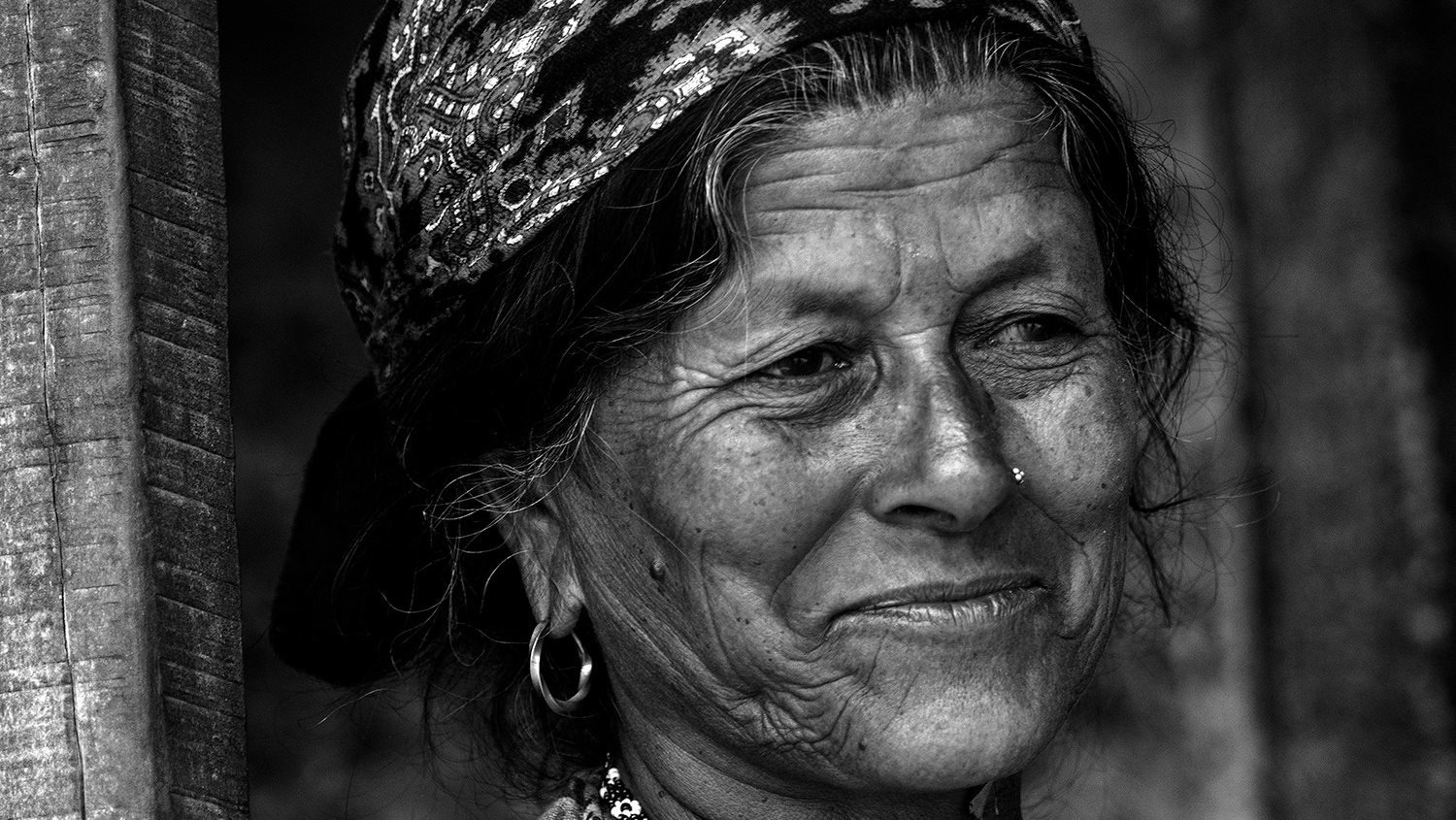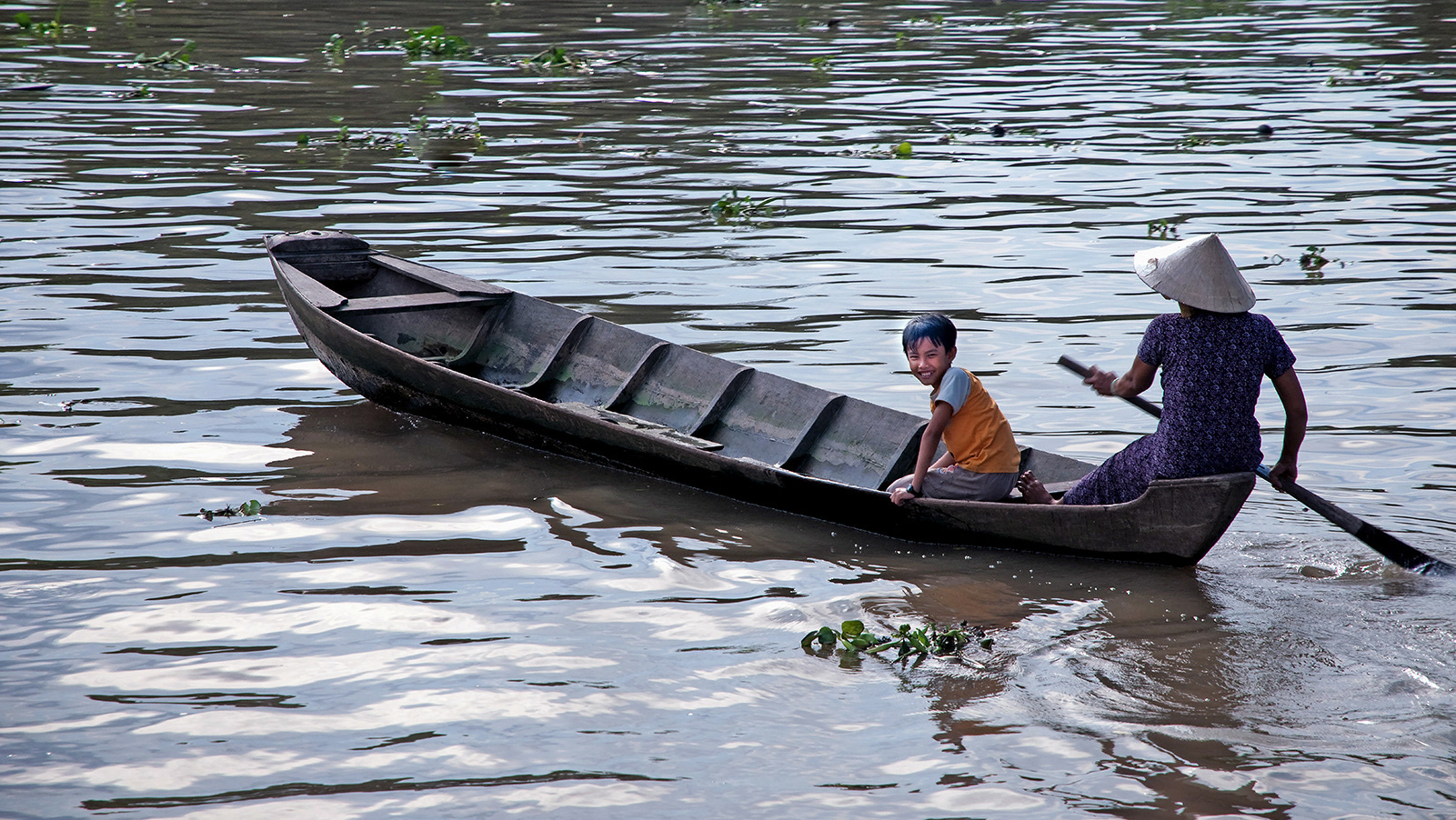The Dark & Sad Side of Africa
Africa changes you forever, like nowhere on earth. Once you have been there, you will never be the same. But how do you begin to describe its magic to someone who has never felt it? How can you explain the fascination of this vast, dusty continent, whose oldest roads are elephant paths? Could it be because Africa is the place of all our beginnings, the cradle of mankind, where our species first stood upright on the savannahs of long ago? Brian Jackman
I had a trip to East Africa in March 2020. Due to Covid-19 I was forced to evacuate after 12 days. I visited the game parks. I photographed the animals the people and the places. The scenery was magnificent.
In the words of Karen Blixen, "Men go off to be tested for courage and if we're tested at all, it's for patience, for doing without, for how well we can endure loneliness. I had a farm in Africa, at the foot of the Ngong Hills. Through all the world there goes one long cry from the heart of the artist: Give me a chance to do my best."
As a nature and wildlife photographer you go off on safari to do your best to capture the truth of it.
I fell in love with East Africa.
All I wanted to do now was get back to Africa. We had not left it, yet, but when I would wake in the night I would lie, listening, homesick for it already. Now, looking out the tunnel of trees over the ravine at the sky with white clouds moving across in the wind. I loved the country so that I was happy as you are after you have been with a woman that you really love, when, empty, you feel it welling up again and there it is and you are again in East Africa.
Ernest Hemingway who wrote the Green Hills of Africa said "Now, being in Africa, I was hungry for more of it, the changes of the seasons, the rains with no need to travel, the discomforts that you paid to make it real, the names of the trees, of the small animals, and all the birds, to know the language and have time to be in it and to move slowly."
Africa is a place not to be missed, a place not to be taken lightly, a place not to be forgotten.
For a photographer it is like no other place on earth. For me it was a place to return to many times. It is my hope that these photographs will stir that same desire and emotion in you.
A Toothless Male Lion. - Walter Palmer, a dentist from the U.S., shot and killed Cecil the lion outside Zimbabwe's Hwange National Park a few years ago. The black & white image is of his brother. Cecil’s death sparked outrage. Thirteen-year-old Cecil was well loved in Zimbabwe. He left behind 14 sons and daughters in his pride. In the snapshot is a lion who has lost his tooth while fighting. Dr. Palmer suffered no loss or imprisonment.
Missing elephant tusk - From a distant these elephants look healthy and walking easily at Amboseli. Close-up you see one large tusk is missing. African elephants are at risk for poaching of ivory tusks. And even though stealing ivory is illegal it still happens because there remains a market for ivory. An elephant is killed every 15 minutes and poachers kill about 20,000 elephants every single year for their tusks, which are then traded illegally in the international market to eventually end up as ivory trinkets. This trade is mostly driven by demand for ivory in parts of Asia.
Zebras are Born Playful. -On the African plain in the Amboseli reserve zebras roam free and play like mustangs in the Western U.S. In the high-rise condos on the upper Eastside of Manhattan, zebra skins make lavish sought-after carpets. Would you?
Leopard Fur. -Leopards are majestic creatures. In my mind a leopard eats his kill-here likely a warthog. Leopards only kill what they need to survive. Unfortunately, humans have killed leopards for their beautiful fur causing extirpation from approximately 37% of their African range. We do not need their furs.
Parched Rhino - Rhinos in Africa can survive up to five days without water. They drink water whenever aand wherever they can find it. Human consumption of water in southern Africa has dried up the watering holes and placed stress on the Rhinos continued existence.
Hippos Have Thick Skin - It can survive clawing and biting. The skin is up to 2 inches thick, providing a great protection against predators. To survive human kind, they may need greater protection. They are mostly herbivores, semi aquatic and not predators of man.
Hyenas are Uniformly Disliked - There’s no sympathy for hyenas. They are vicious predators and fight amongst themselves to the death. To some they are associated with witchcraft. Of all the world’s great natural predators, hyenas are surely among the most maligned. They are often seen as good for nothing scavengers, the bullies of the African plains, laughing as they gang up to steal hard won meals from their more majestic competitors. To their credit, they display superb teamwork aand are no more rapacious than the lion.
Giraffe with Neck Disease - Giraffes with their long necks are exposed to disease and injury. Looking beneath the surface you see this giraffe with a skin disease on his neck.
Elephant Bones - A baby elephant crosses a red gravel road. But, in my memory what is her future? Will she live a long happy life or end up as a heap of bones in an early grave?
A Herd of African Impalas - It’s no sport to hunt a herd of impalas. You can close your eyes and aim at a herd. But, do we really need exotic impala tenderloin served like venison in a gourmet restaurant in Cape Town?

